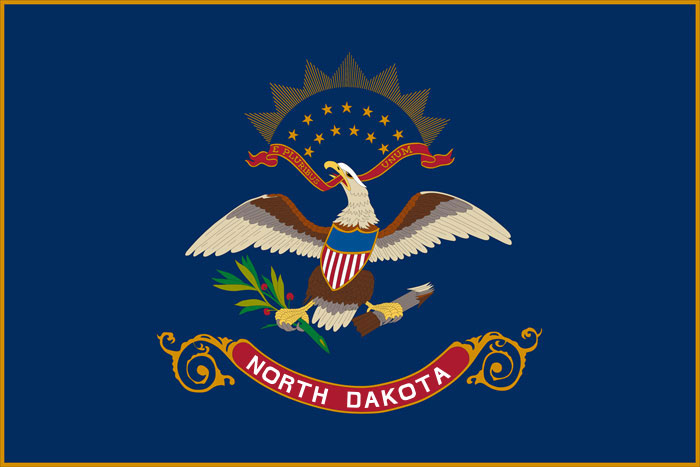Medium
Purpose
Reduced total cost of ownership while increasing efficiencies in data sharing, data integrity, database support, and training.
Standard
- All new applications shall use databases specified in the "Supported Databases" list. New databases will be presented to the Data Architecture team for review and evaluation. The list will be updated accordingly.
- If data for new applications require features of an Enterprise Database, the application must utilize an Enterprise Database.
Definition
- New Applications - New application software or replacement of existing application software, including all custom developed software, vendor software, and off-the-shelf software. Maintenance or enhancements to an existing application are not considered new applications.
- Enterprise Database definition:
- Ability to scale to a large number of users
- Provides data integrity, meaning the data in the database is consistent and accurate.
- Provides support for industry standards (i.e. ANSI SQL-2011, ODBC, JDBC and XML).
- Provides for security of the data.
- Provides built-in audit capabilities.
- Provides point in time recovery.
- Provides backup and recovery utilities.
- Provides logging for backup, recovery, and auditing.
- Provides support large objects (BLOBS, CLOBS, etc.)
- Provide the basic properties of a database transaction: (ACID) Atomicity, Consistency, Isolation, and Durability
- Atomicity - The entire sequence of actions must be either completed or aborted. The transaction cannot be partially successful.
- Consistency - The transaction takes the resources from one consistent state to another.
- Isolation - A transaction's effect is not visible to other transactions until the transaction is committed.
- Durability - Changes made by the committed transaction are permanent and must survive system failure.
Policy
Databases will be consistent across the Enterprise.
Scope
This standard applies to all executive branch state agencies including the University Systems Office but excluding other higher education institutions, i.e. campuses and agricultural and research centers.
Statement of Commitment
North Dakota's CIO/CTO directs that IT Policy be created to establish statewide information technology policies and standards as defined within ND Century Code (Chapter 54-59-09).
Non-Compliance
Non-compliance with this standard shall be reported to the Office of the State Auditor.
Appendix A - Supported Databases
- Oracle
- MS SQL Server
- MySQL
Appendix B - Legacy/Deprecated Databases
- IBM DB2
- ADABAS


